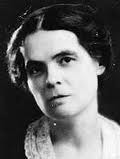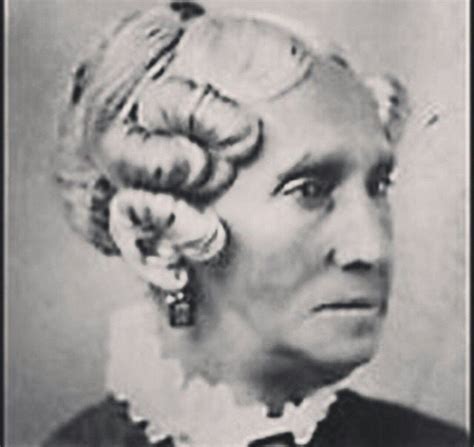A Quote by Cornelia Meigs
Life goes on after sorrow, in spite of sorrow, as a defense against sorrow.
Related Quotes
Behind joy and laughter there may be a temperament, coarse, hard and callous. But behind sorrow there is always sorrow. Pain, unlike pleasure, wears no mask. ... For this reason there is no truth comparable to sorrow. There are times when sorrow seems to me to be the only truth. Other things may be illusions of the eye or the appetite, made to blind the one and cloy the other, but out of sorrow have the worlds been built, and at the birth of a child or a star there is pain.
It is abundantly evident that, however natural it may be for us to feel sorrow at the death of our relatives, that sorrow is an error and an evil, and we ought to overcome it. There is no need to sorrow for them, for they have passed into a far wider and happier life. If we sorrow for our own fancied separation from them, we are in the first place weeping over an illusion, for in truth they are not separated from us; and secondly, we are acting selfishly, because we are thinking more of our own apparent loss than of their great and real gain.
Recently, one friend asked me, "How can I force myself to smile when I am filled with sorrow? It isn't natural." I told her she must be able to smile to her sorrow, because we are more than our sorrow. A human being is like a television set with millions of channels. If we turn the Buddha on, we are the Buddha. If we turn sorrow on then we are sorrow. If we turn a smile on, we really are the smile. We can not let just one channel dominate us. We have the seed of everything in us, and we have to seize the situation in our hand, to recover our own sovereignty.
You ask if there is no doctrine of sorrow in my philosophy. Of acute sorrow I suppose that I know comparatively little. My saddestand most genuine sorrows are apt to be but transient regrets. The place of sorrow is supplied, perchance, by a certain hard and proportionately barren indifference. I am of kin to the sod, and partake of its dull patience,--in winter expecting the sun of spring.
The difference between shallow happiness and a deep, sustaining joy is sorrow. Happiness lives where sorrow is not. When sorrow arrives, happiness dies. It can't stand pain. Joy, on the other hand, rises from sorrow and therefore can withstand all grief. Joy, by the grace of God, is the transfiguration of suffering into endurance, and of endurance into character, and of character into hope--and the hope that has become our joy does not (as happiness must for those who depend up on it) disappoint us.




































